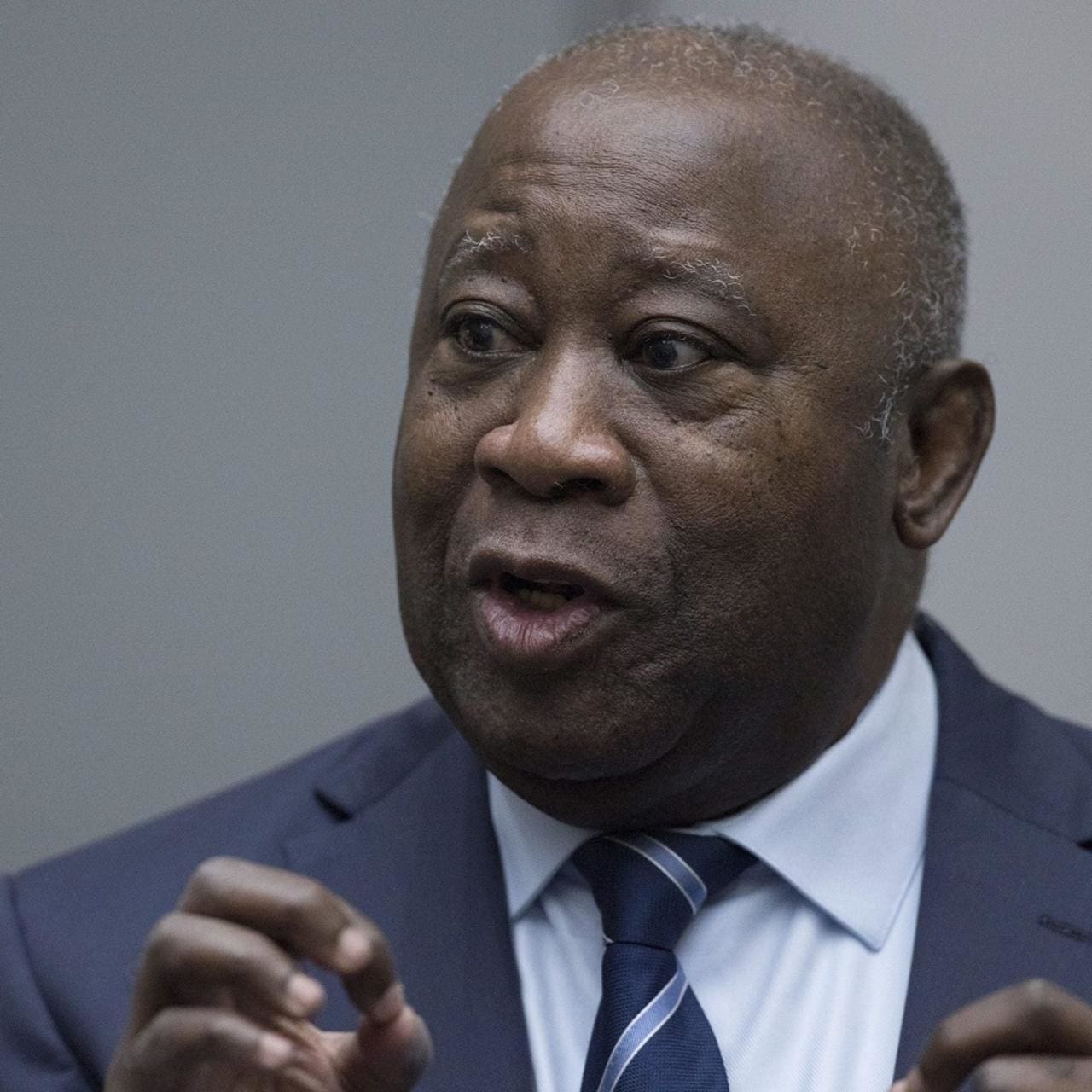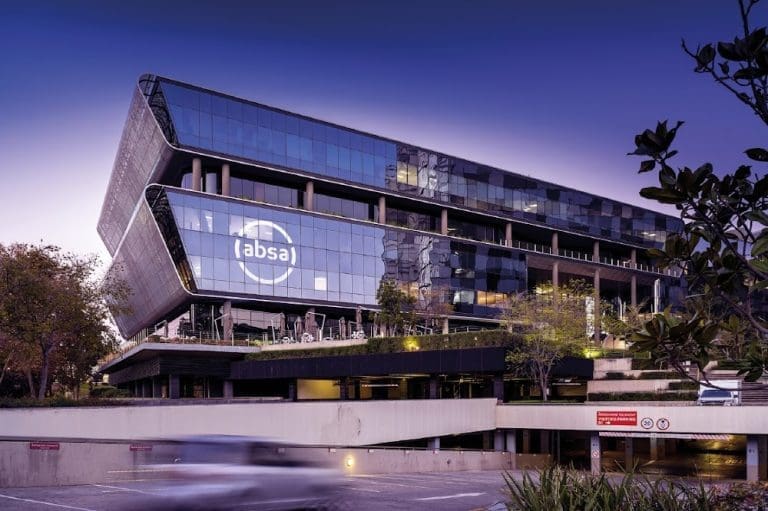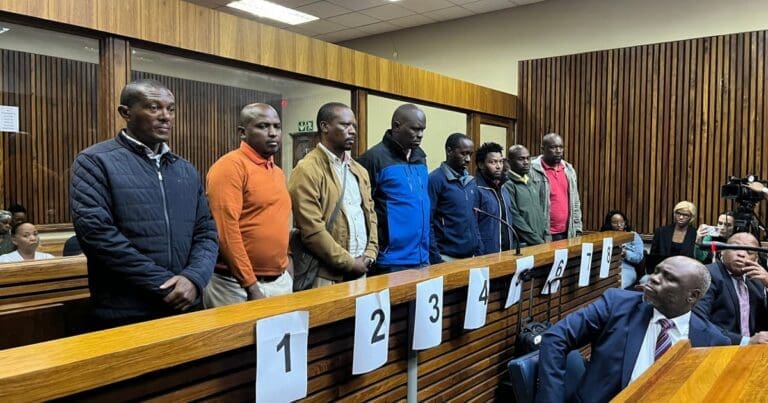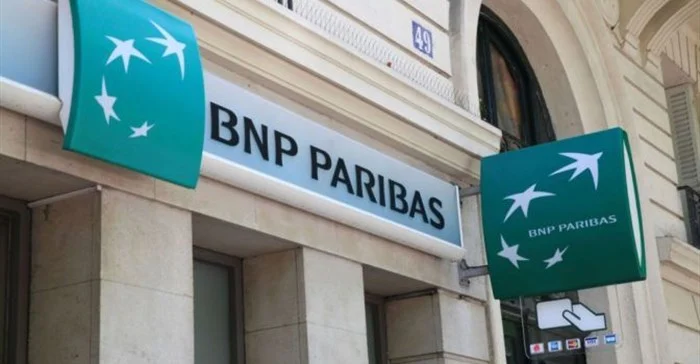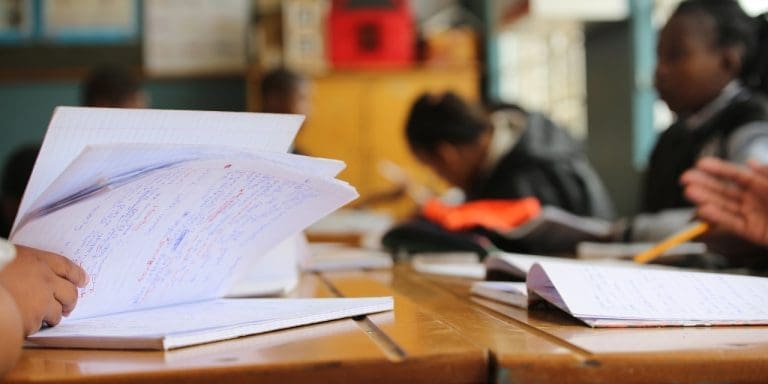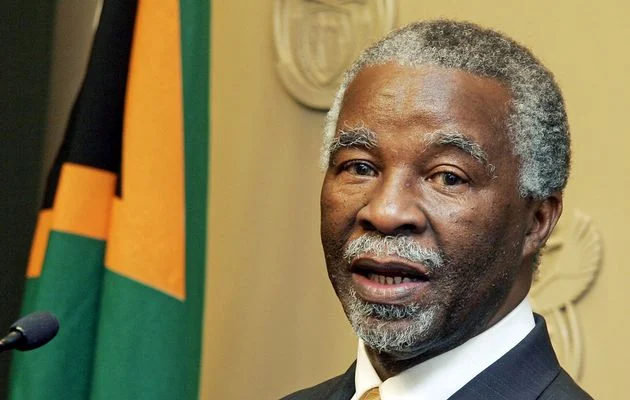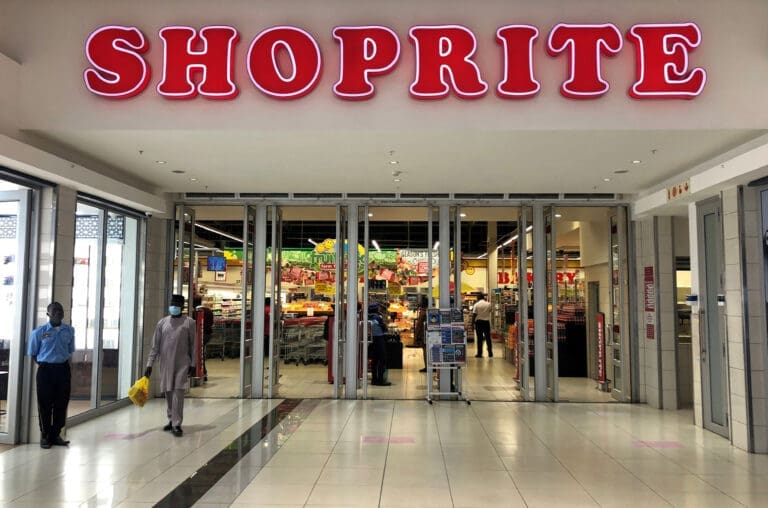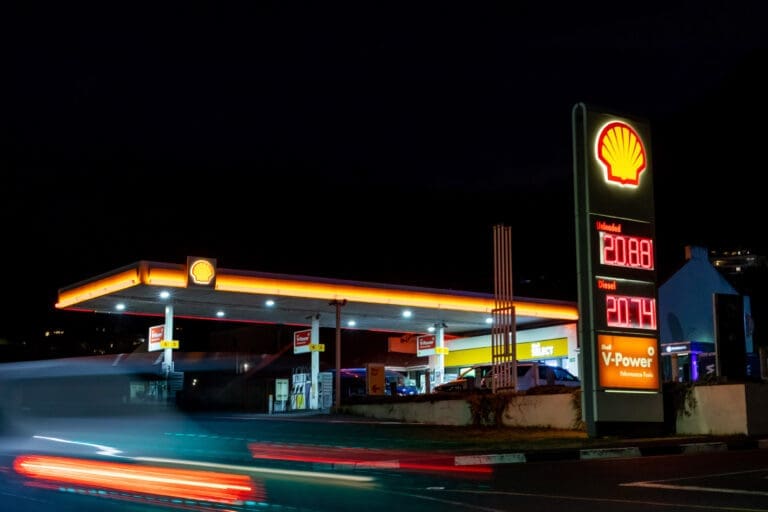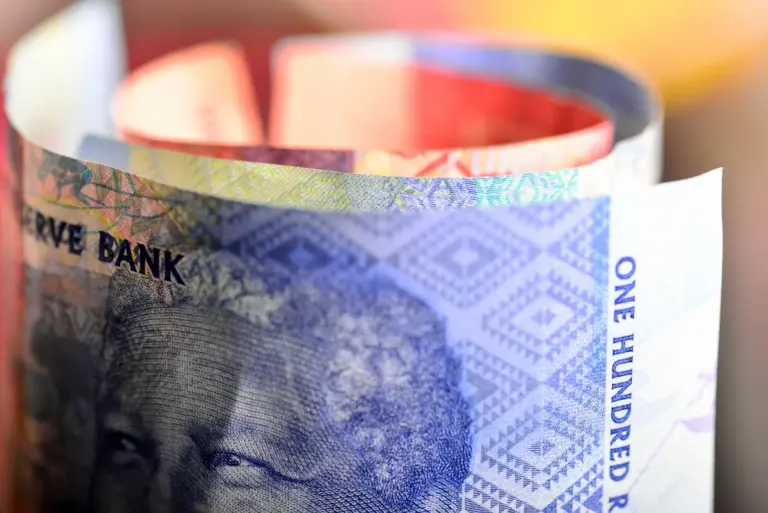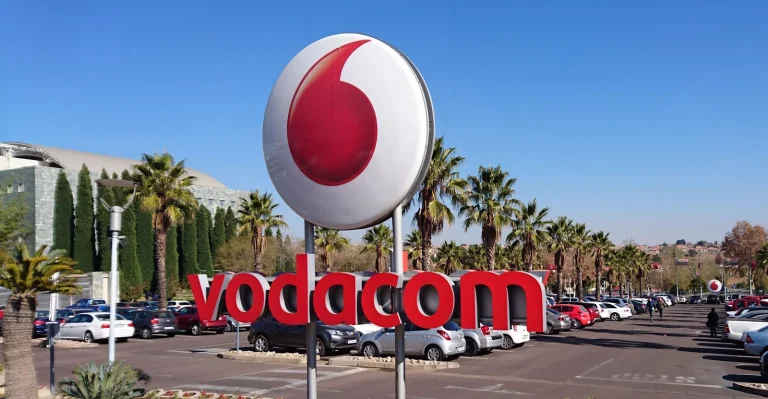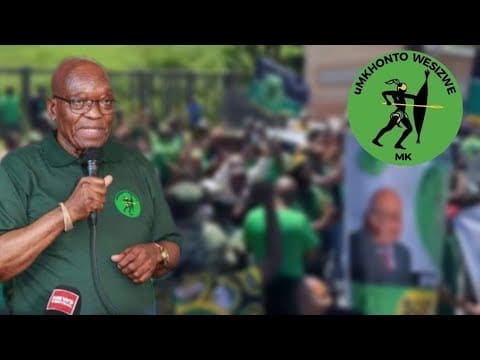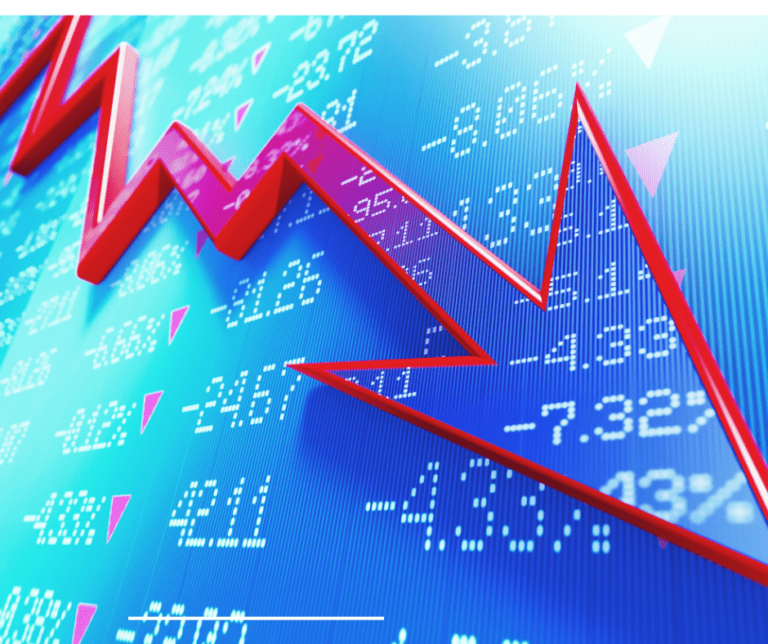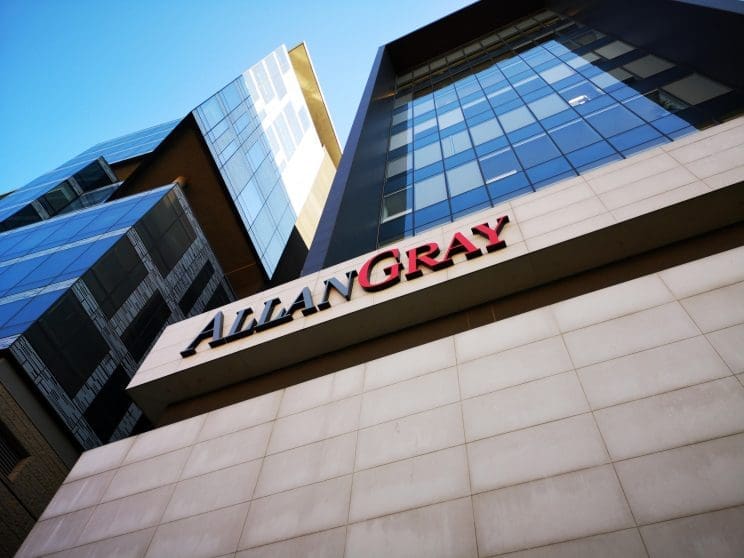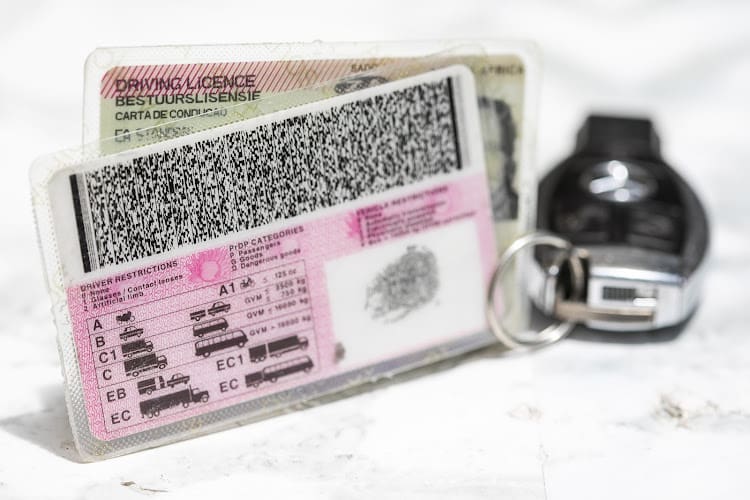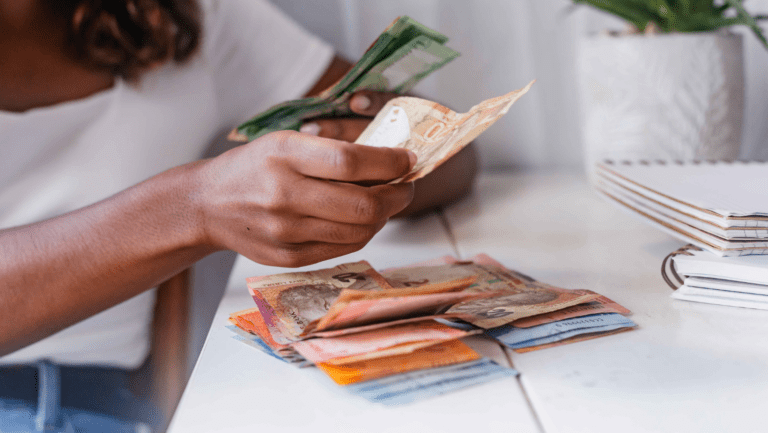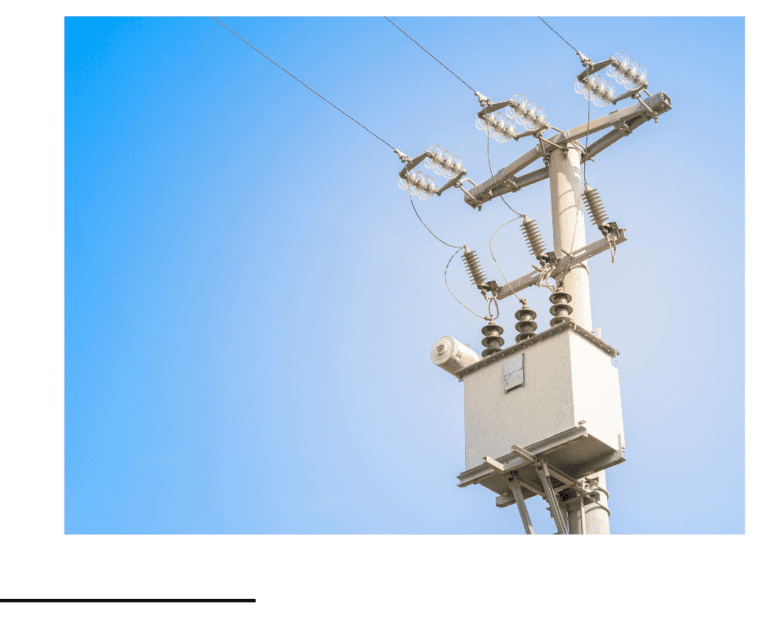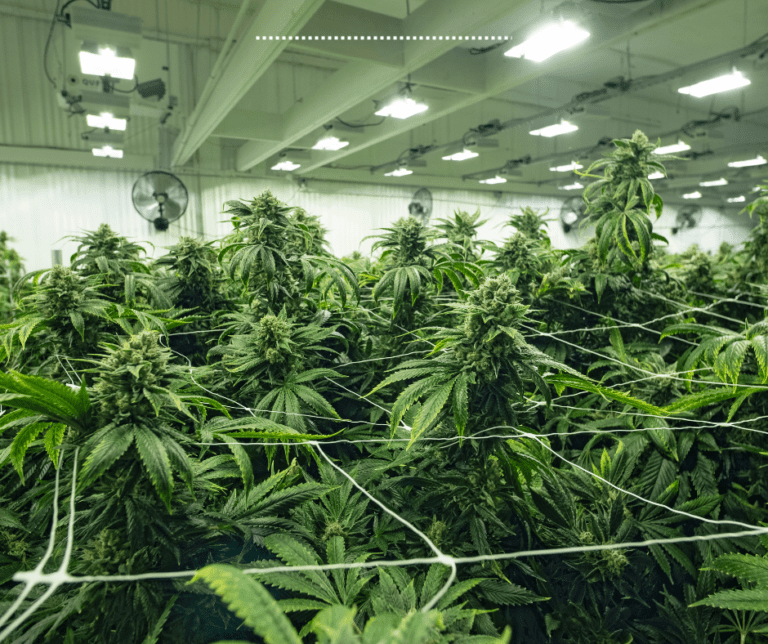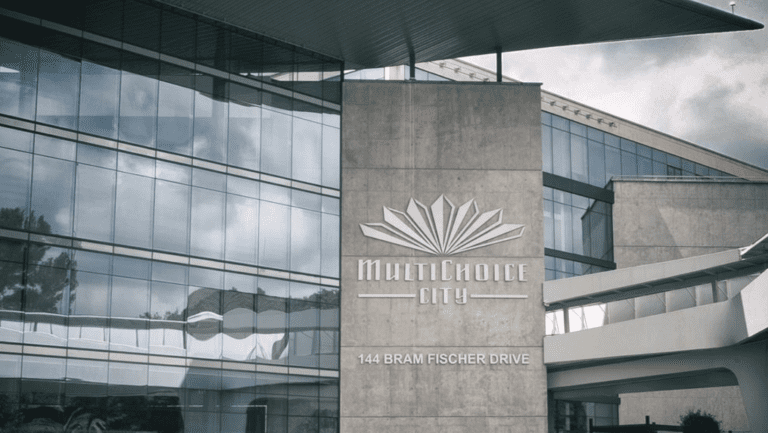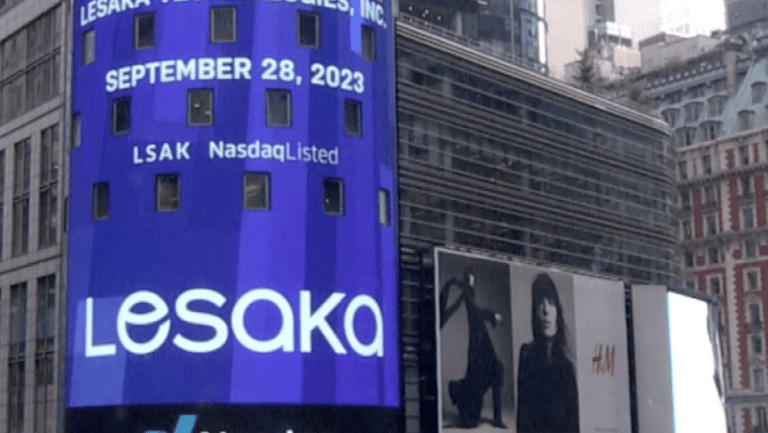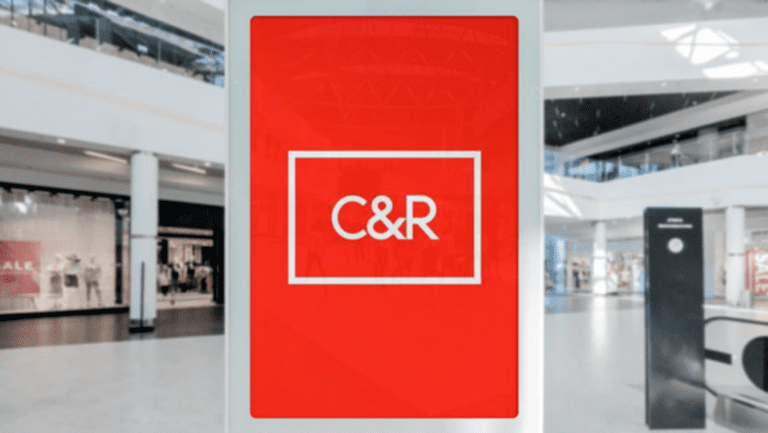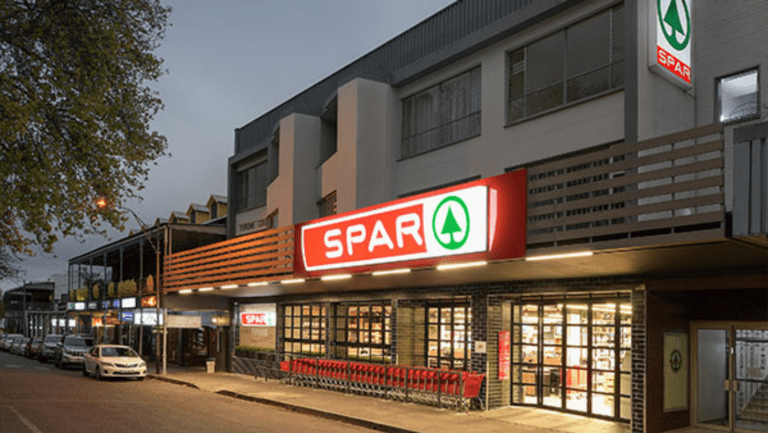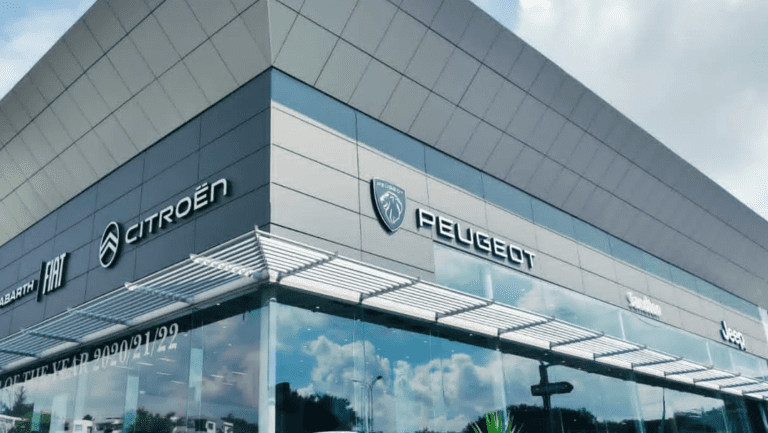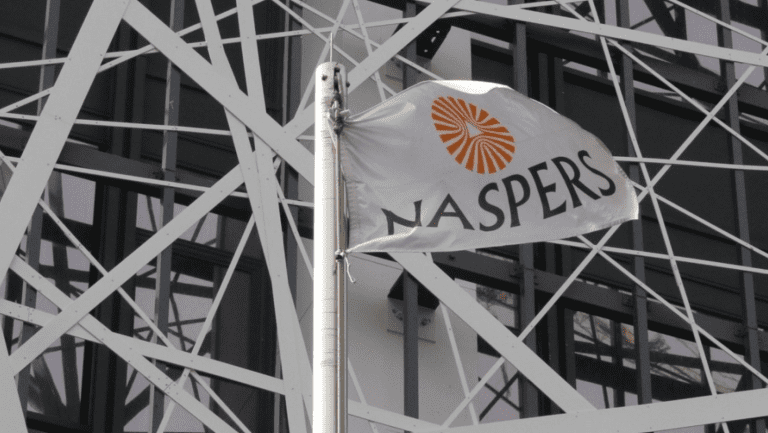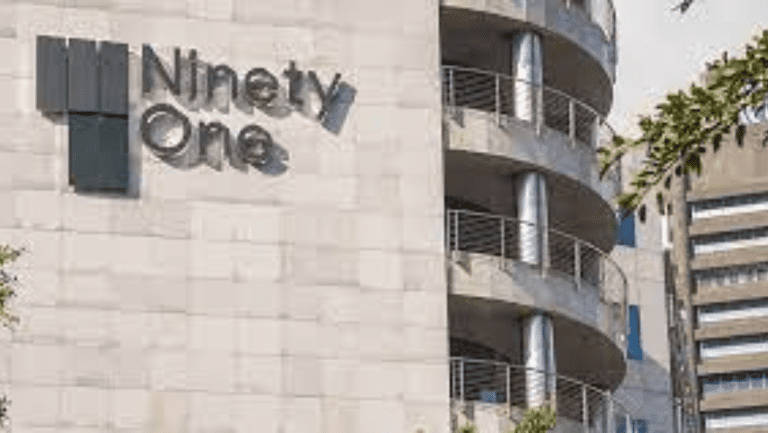Former Ivorian President, Laurent Gbagbo, has signaled his intention to run for the presidency once again, as announced by his party, the African People’s Party-Ivory Coast (PPA-CI), despite facing disqualification due to a 20-year jail sentence. Gbagbo’s decision, fraught with legal complexities and political implications, underscores the intricate dynamics of Ivorian politics. This development, while significant on its own, also offers insights and parallels that resonate with the political landscape in South Africa.
Gbagbo’s tumultuous journey from the pinnacle of power to incarceration to a potential return to the political fray mirrors the ebbs and flows of power struggles not unfamiliar to South Africans. The announcement comes on the heels of his acquittal by the International Criminal Court (ICC) in 2019, where he faced charges of crimes against humanity, a trial that captivated global attention.
Intriguingly, despite his clearance by the ICC, Gbagbo had previously been sentenced to 20 years in prison in Ivory Coast for an unrelated offense – holding up a bank. This juxtaposition of legal outcomes underscores the complexities of justice systems and political vendettas, phenomena not isolated to Ivory Coast but resonating with the intricate fabric of legal and political structures in South Africa.
The political saga surrounding Gbagbo’s return to the electoral arena traces back to the contested 2010 elections, where he lost to his rival, Outtara, but refused to relinquish power, plunging the country into a period of bloody unrest. International intervention, including French and UN military involvement, underscored the gravity of the crisis. However, Gbagbo’s eventual ousting did not mark the end of his political ambitions, as evidenced by his recent bid for the presidency.
Despite being pardoned in 2022 by his erstwhile rival and current president, Ouattara, Gbagbo’s path to the presidency remains obstructed due to legal technicalities. The lack of amnesty prevents him from contesting the upcoming elections. However, his party’s determination to formalize his candidacy underscores the enduring influence he commands within Ivorian politics, a phenomenon with echoes of charismatic leadership and political resilience that reverberate across borders.
For South Africans observing these developments, parallels with their own political history and present reality abound. The intricacies of legal proceedings intertwined with political machinations echo familiar themes, from the post-apartheid era struggles to the contemporary debates surrounding justice and reconciliation. The notion of political rivals reconciling, as exemplified by Ouattara’s pardon of Gbagbo, evokes memories of South Africa’s transition from apartheid to democracy, where forgiveness and reconciliation were foundational principles.
Amidst these political maneuvers, the Democratic Party of Ivory Coast (PDCI) has appointed Tidjane Thiam as its new president, signaling a changing of the guard within the Ivorian opposition. However, uncertainties loom over the political intentions of key players, including Thiam and Ouattara, regarding the upcoming presidential election in 2025.
As South Africa navigates its own political landscape, marked by shifting alliances, legal battles, and electoral dynamics, the Ivorian saga offers valuable insights and lessons. The resilience of political actors, the intricacies of legal processes, and the delicate balance between justice and reconciliation form a tapestry of challenges and opportunities that transcend national borders.
In conclusion, Laurent Gbagbo’s bid for the Ivorian presidency, despite facing legal impediments, serves as a poignant reminder of the complexities inherent in political transitions and power struggles. For South Africans, these developments resonate deeply, offering a mirror through which to reflect on their own political journey and the enduring quest for democracy, justice, and reconciliation.


